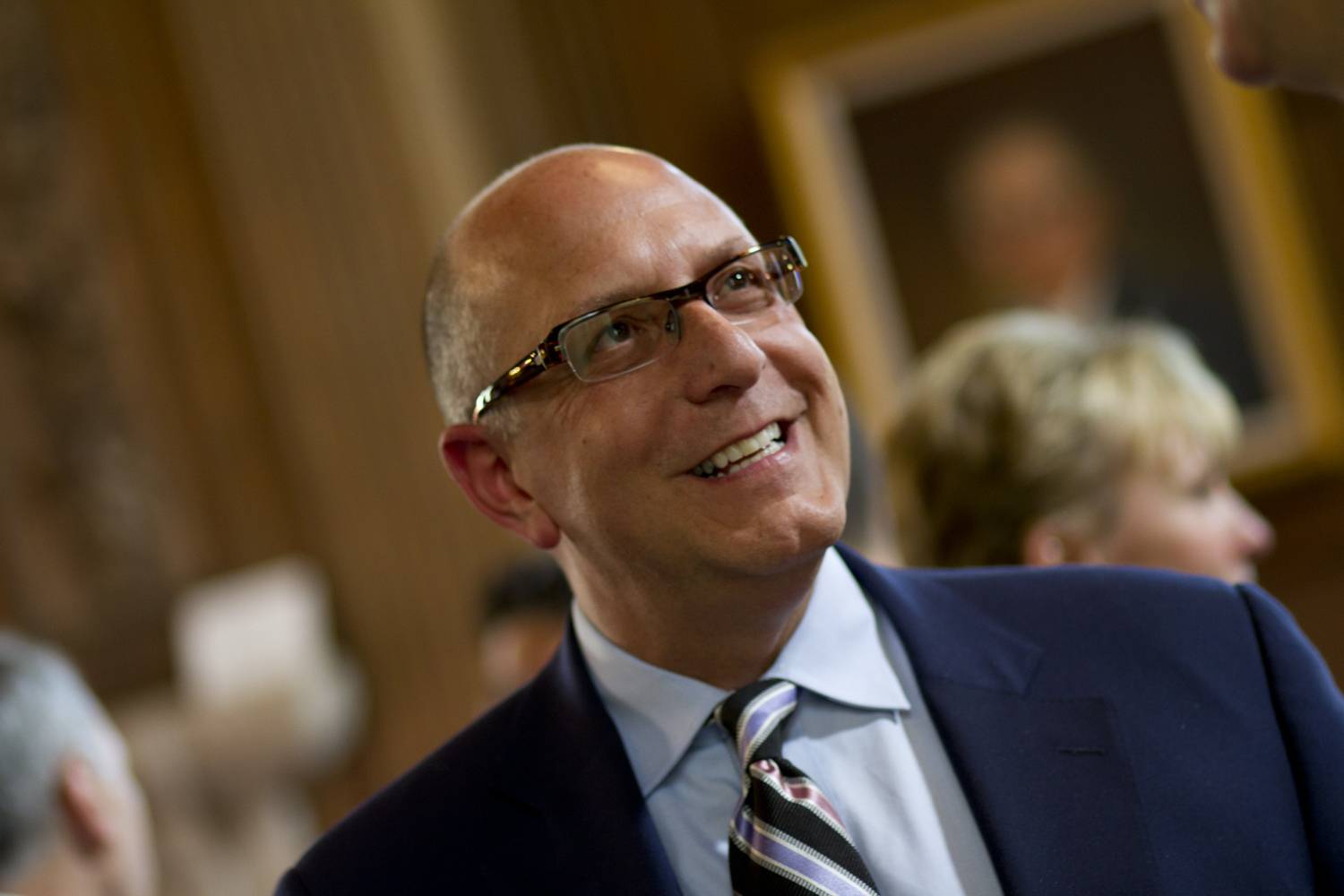How We Talk About Corporate Responsibility
Professor Paul Argenti originally became interested in corporate responsibility because it was a function often handled by those in corporate communications.

Paul Argenti is professor of corporate communications at the Tuck School of Business.
Professor Paul Argenti originally became interested in corporate responsibility because it was a function often handled by those in corporate communications.
“Corporate responsibility starting out as part of a public relations function was often just that—public relations activities without a whole lot of content,” explains Argenti, professor of corporate communications. “Companies saw an opportunity to harvest the interest of students and millennials, but then people became more discerning and companies realized there had to be more than just talk, there had to be action behind it.” This is just one of a few trends that Argenti has observed and researched. As an academic he says it is his job “to try to put a stake in the ground in terms of how we talk about corporate responsibility.”
Part of what Argenti and other business leaders find most exciting about corporate responsibility is the flexibility in how organizations categorize and implement it. “There is no one way to do this, and there is no right way to do it.”
Argenti discussed his research and recent examples of corporate responsibility cases on SiriusXM’s Dollars & Change, a program on Business Radio Powered by Wharton.
Originally aired on Channel 111 on SiriusXM, Business Radio Powered by The Wharton School.